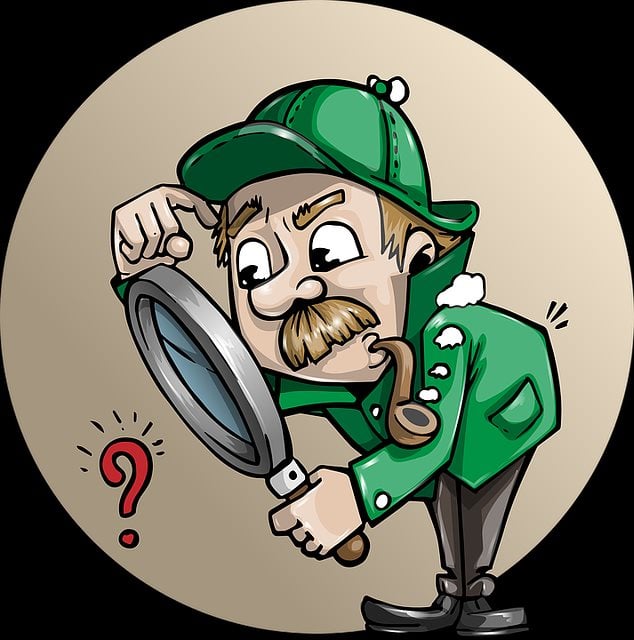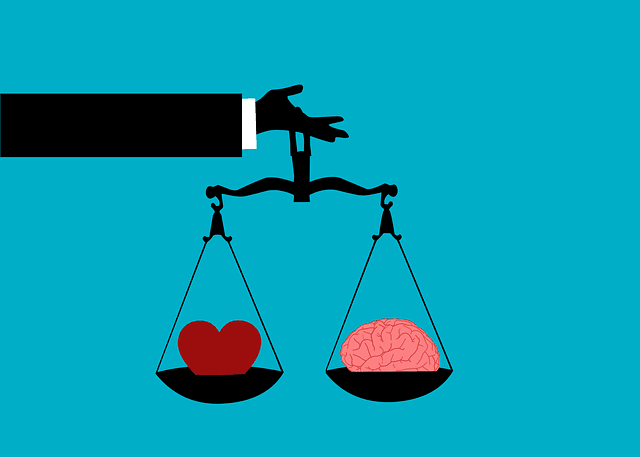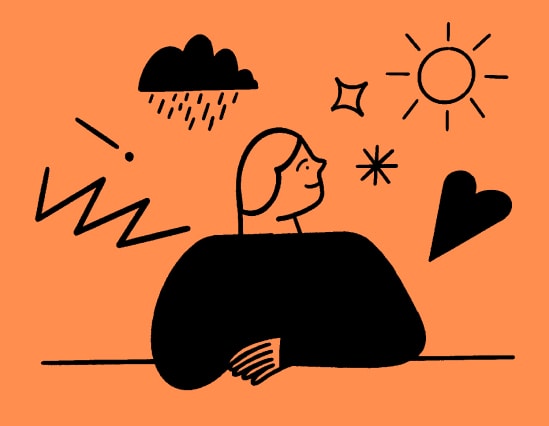The Risk of Seeing Danger Where It Does Not Exist
By Ann Elliott

Being hypervigilant can turn you into a professional “boy who cried wolf.” People do not believe you when you warn them repeatedly, but nothing happens. Being too cautious limits your options. Closing your mind to possibilities because you see danger causes you to miss opportunities. This approach makes it difficult to attract ambitious people because your business is too focused on playing it safe. However, being vigilant in business can be a powerful tool. Here is what you need to know about the risk of seeing danger where it does not exist and how to strike a balance.
The Problem with Hypervigilance
I practice vigilance with my finances. I pay my taxes on time, balance my checkbook to the penny, and fulfill my obligations promptly. However, being overly vigilant can be problematic. For example, a friend, a commercial contractor, banked with an institution noted for being ultra-conservative. My friend would say, “You must prove you do not need the money before they will lend you the money.” If a bank takes this too far and refuses to lend money, they limit their ability to make profits and to serve their clients. This financial institution, however, fared better than most in the Great Recession of 2008.
Businesses and organizations can hinder their own growth by being overly risk-averse or hyper-focused on potential dangers. This mentality prevents them from taking profitable risks and keeps them from reaching their full potential. Additionally, individuals may become overly cautious after making a significant mistake, which limits their thinking and prevents them from considering new possibilities.
The Cost of the Hypervigilance
The problem with being too risk-averse and overly focused on protecting oneself limits opportunities for growth and success. Additionally, if one becomes known for being overly cautious, it harms their reputation and makes it harder to do business with others. Find a balance between avoiding unnecessary chances and being open to taking calculated risks. It is also important to understand that there is no such thing as a completely risk-free zone. It is necessary to weigh the potential benefits and drawbacks before taking any risk, and to ensure that the potential rewards outweigh the potential downsides. To be around hyper-vigilant people is energy-draining, for them and for you.
What is the Root of the Hypervigilance?
My mother used to say, ‘I’m a sucker for a sure thing.” which I have always found humorous. Spending too much time worrying about potential dangers can prevent individuals from finding creative solutions to problems. Rather than focusing on what could go wrong, a better approach would be to invest mental energy in finding practical solutions. Imagine what could happen with an intense curiosity about what might be possible. While it is natural to think about potential risks, it is essential to strike a balance and not become overly fixated on hypothetical scenarios. Making thoughtful and prudent decisions requires gathering enough information without feeling the need to know everything.
The Solution to Hypervigilance
It is crucial for a business to have someone on the team who is meticulous and manages important tasks such as keeping track of financial obligations, filing taxes, and obtaining necessary licenses. This person ensures that the company complies with regulations. They help avoid potential legal and financial issues. Entrepreneurs try to do everything themselves. This often not only leads to burnout but also inefficiencies. Hiring professionals, such as an accountant or lawyer, saves time and provides valuable expertise. Building a wealth team that includes these professionals, as well as a business coach, marketing professional and insurance agent, helps a business thrive and avoid costly mistakes. Delegate tasks to people with the appropriate skills and expertise, so you can focus on what you do best.
Having consistent ways of doing things and having structure in your business helps you produce reliable results to your standard of excellence. With minimal confusion, you experience a higher level of accuracy. It takes time and effort to create these processes and checklists. The result is your business operates more cost-effectively. You save time, too.
Five Steps to Combat Hypervigilance in Business:
- Trust the Right People: Place your trust in qualified individuals who can manage specific aspects of your business. This means hiring the right people and trusting them to do their work to the best of their ability.
- Create Standard Operating Procedures (SOPs): By investing in creating SOPs, you ensure consistent results that meet your standards of excellence. Hold your team accountable for following these procedures and adjust them if necessary.
- Stay Focused on the Most Important Things: Develop the discipline to focus on the most important aspects of your business. Prioritize your goals and make sure that everyone in your team aligns with the vision and mission of the company.
- Stay in Your Lane of Genius: Develop leaders who take ownership of their responsibilities. By trusting others and allowing them to do their work, you can focus on your own strengths and achieve better results.
- Keep a High-level View, Communicate Clearly, Provide Coaching, and Hold Your Team Accountable: Leave the details of day-to-day operations to the trusted people you have hired. Focus on directing your team and holding them accountable for their work. This allows you to develop leaders and focus on the big picture of your business.
When you are constantly worrying about what could go wrong, you lose valuable energy to create something amazing. When tasks start slipping through the cracks, it becomes difficult to balance anxiety and creativity. A quote attributed to Einstein, “The most important decision we make is whether we believe we live in a hostile or friendly universe.” It is a self-fulfilling prophecy because there is ample evidence to prove you right. Worrying keeps you busy, but it will not get you anywhere. It is like sitting in a rocking chair – you have something to do, but you are not making any progress. Focusing on these five tips to quiet your hypervigilant saboteur and get back to business.
Share this resource




